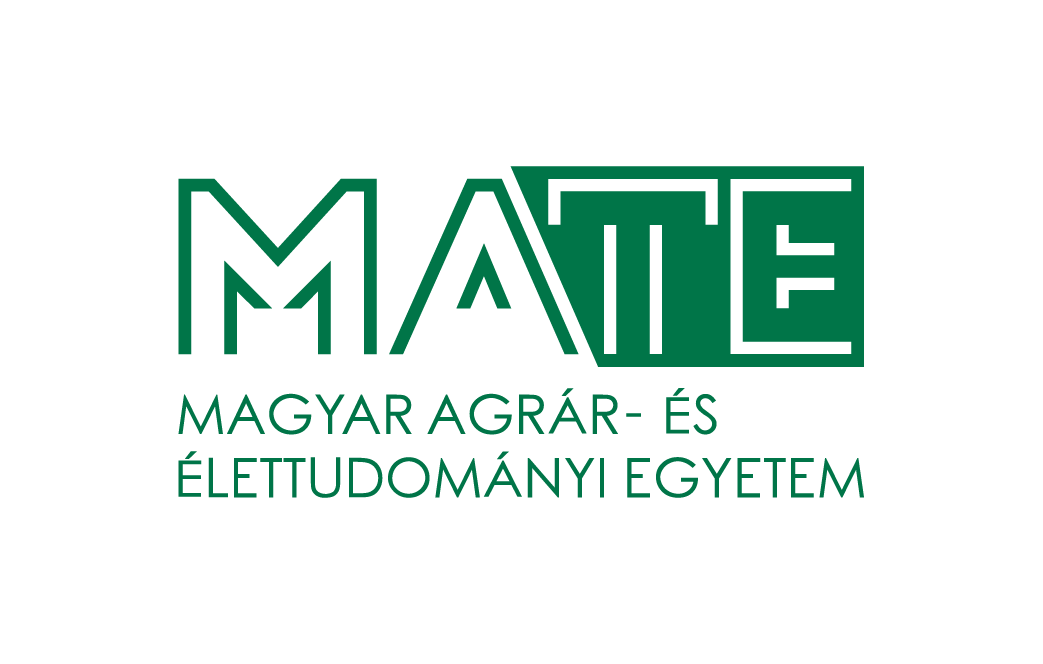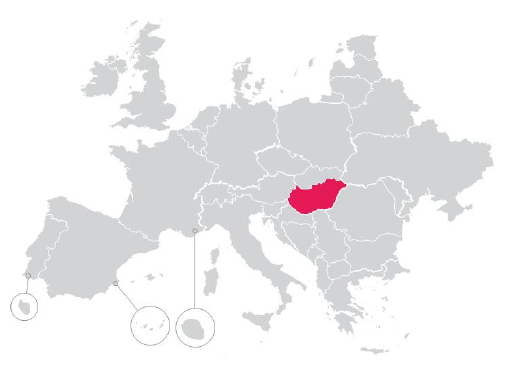
With 5 campuses in 5 cities across Hungary, the rich history of the Hungarian University of Agriculture and Life Sciences (MATE) dates back to the 18th century. MATE stands as a central pillar of higher
education in Hungary and throughout the region. We consider lessons learned from the most successful European universities and we combine our traditions with the solutions of modern ages.

In the Accelerate Future HEI project, MATE is represented by the Institute of Agricultural and Food Economics.

MATE aims to become the leading agricultural-focused research university in Central and Eastern Europe. Our cutting-edge education and research aim to bridge gaps and empower diverse communities.

MATE aims to deliver cutting-edge education and research that is driven by innovation and with a focus on enhancing the quality of life and the environment. Actively engaged in renewing higher education content, MATE aligns with international trends while prioritizing local socio-economic needs. We strive to provide relevant and accessible education that enhances opportunities for all.

Our efforts are geared towards promoting sustainability and a green future, while leveraging the power of digitalization. MATE believes in empowering SMEs to gain a competitive edge and shape the future of technology. Through partnerships, we contribute to a fast-paced market, ensuring our initiatives, rooted in practicality, have a tangible and
positive impact on society, promoting sustainability and a green future.

Multi-campus university with a strong presence in both urban and rural areas

Interdisciplinary nature across human resources, research infrastructure and collaborations

Extensive experience working with agri-food companies, clusters, and NGOs on R&D projects